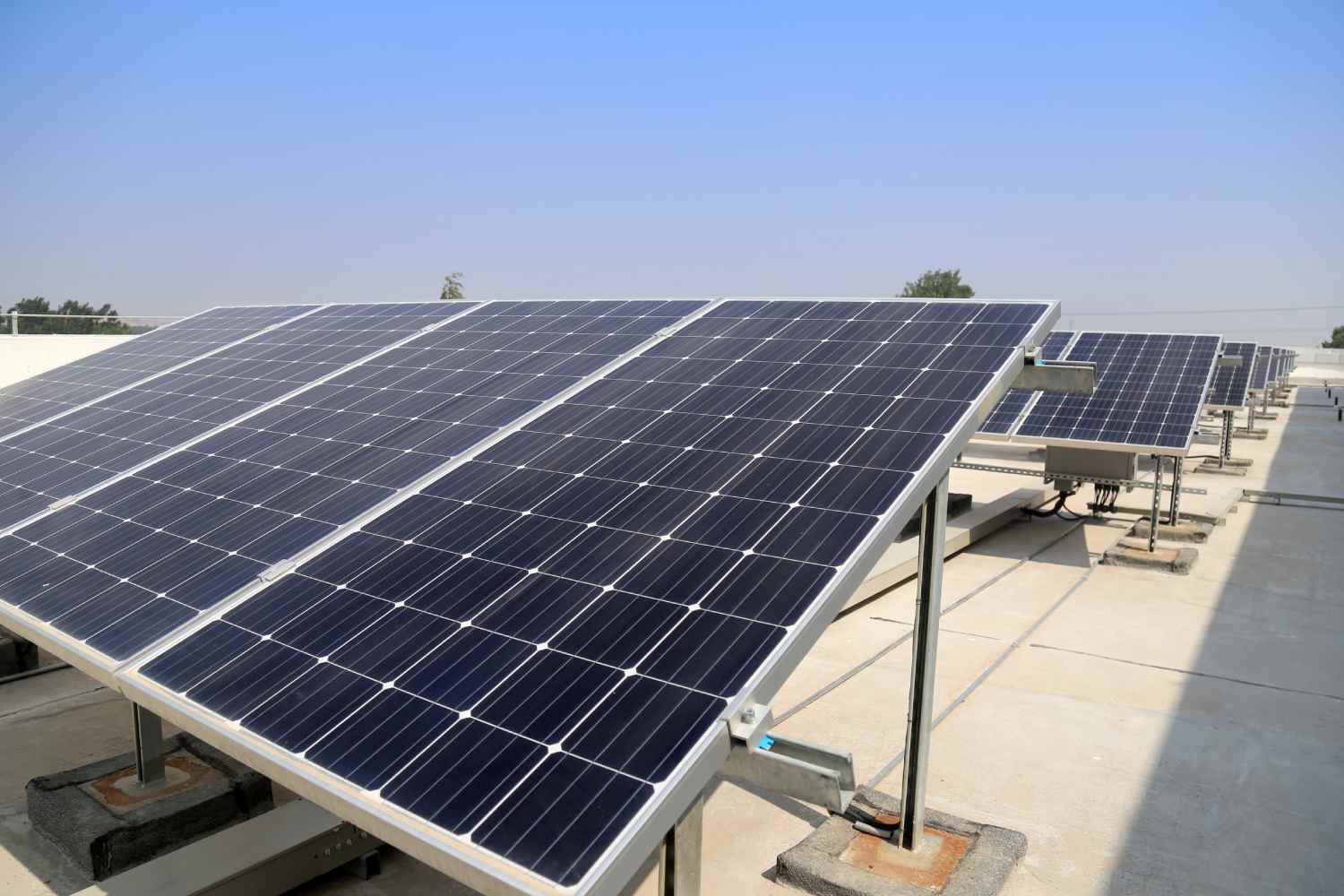BIA WITH A NEGATIVE POSITION ON THE DRAFT AMENDMENTS TO THE LAW ON INDUSTRIAL PARKS
Bulgarian Industrial Association - Union of Bulgarian Business held consultations with its members and sent a position to the Committees on Economic Policy and Innovation (leading), Energy and Regional Policy, Public Works and Local Self-Government of the 51st National Assembly. As a result of the discussions, we present to your attention our comments and opinion on the draft Bill for amendment and supplement to the Industrial Parks Act.
The legislative proposal provides for the prohibition of regulated land properties, which are an integral part of the territory of the industrial park, to be used for the production of electricity from renewable energy sources (RES), as well as the exclusion of the production of electricity from the definition of "production activity". We consider that such a restriction is unjustified, economically inefficient and contrary to a number of strategic, economic and environmental objectives and therefore propose that it be rejected.
Motivation:
1. Inconsistency with national and European energy policies aimed at promoting renewable energy sources and increasing energy efficiency.
Under Directive (EU) 2023/1791 of 13 September 2023, the European Union is reinforcing the principle of putting energy efficiency first. Accordingly, priority should be given to measures that improve energy efficiency in policy decisions, planning and significant investments. The construction of solar plants in industrial parks is directly linked to this principle, as it contributes to reducing energy consumption from non-renewable sources and increases the energy independence of enterprises.
The construction of renewable energy facilities in artificial and built-up areas, such as industrial parks, is a priority. This is due to the fact that these areas are already urbanised and offer suitable infrastructure, which minimises the environmental impact and facilitates the integration of new energy capacity.
The Republic of Bulgaria is committed to increasing the share of renewable energy sources in the energy mix in accordance with the European Green Deal, he National Energy Climate Plan and Directive (EU) 2018/2001 on the promotion of the use of energy from renewable sources. Banning the deployment of renewable energy in industrial parks would worsen the implementation of these commitments and limit the opportunities to attract investment.
2. Limiting the competitiveness of industrial enterprises, putting industrial parks in the country at a disadvantage compared to their competitors
A number of industrial companies are relying on their own renewable energy generation as a way to reduce their electricity costs and increase their energy independence. A ban would force them to rely solely on external energy suppliers, which:
- would increase their operating costs;
- reduce their competitiveness vis-à-vis companies in other countries where the use of RES in industrial zones is encouraged, as the integration of RES is a means to reduce carbon footprint and operational costs;
- discourage new investment in industrial parks, especially for new investors seeking sustainable and efficient energy solutions.
3. Reducing energy security and efficiency
Bulgaria's energy sector is still heavily dependent on coal and external supplies, which creates a risk of volatile prices and supply disruptions. The development of renewable energy in industrial parks would contribute to:
- Decentralisation of energy production, reducing the load on the transmission grid;
- energy security by reducing dependence on external energy sources;
- balanced consumption through local production and use of electricity.
Using electricity locally, where it is generated, not only reduces transmission losses but also contributes to energy independence, security and competitiveness of businesses.
4. Inconsistency with the spirit and principles of the Industrial Parks Act
The legislative proposal is restrictive and limits the management and development of the parks as independent and self-sufficient microsystems, while at the same time it does not comply with the principles set out in the Industrial Parks Act. The Industrial Parks Act in Bulgaria aims to promote the development of economic activities, especially those with an innovative and environmental focus, improve energy efficiency create competitive conditions for business and develop local communities. In today's industrial model, energy self-sufficiency through renewable energy is a key factor for increasing the competitiveness of enterprises.
5. In the motives and the presented impact assessment of the act, there is no analysis and assessment of how the proposal will affect existing or under construction energy systems in industrial parks, as well as planned and under implementation investments.
Instead of imposing restrictions, it is necessary to promote the integration of RES in industrial parks through clear rules that ensure balanced development and efficient use of resources. The legislative proposal contradicts national strategic objectives, limits business competitiveness and reduces energy security. In view of the above, BIA strongly does not support the proposed Bill and considers that it should be rejected.






